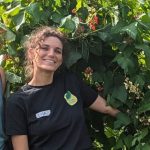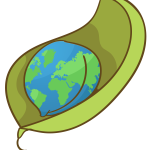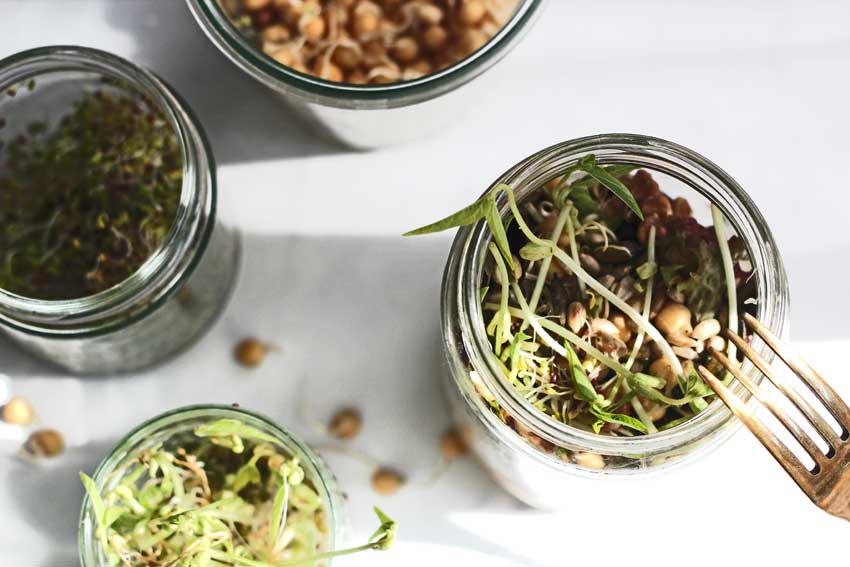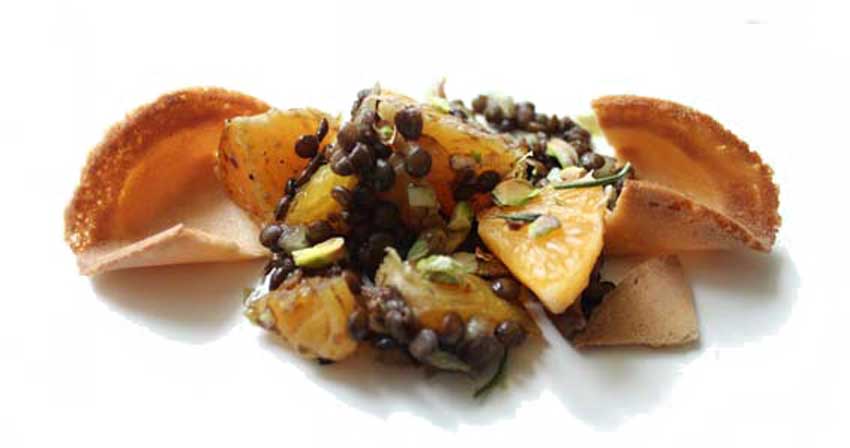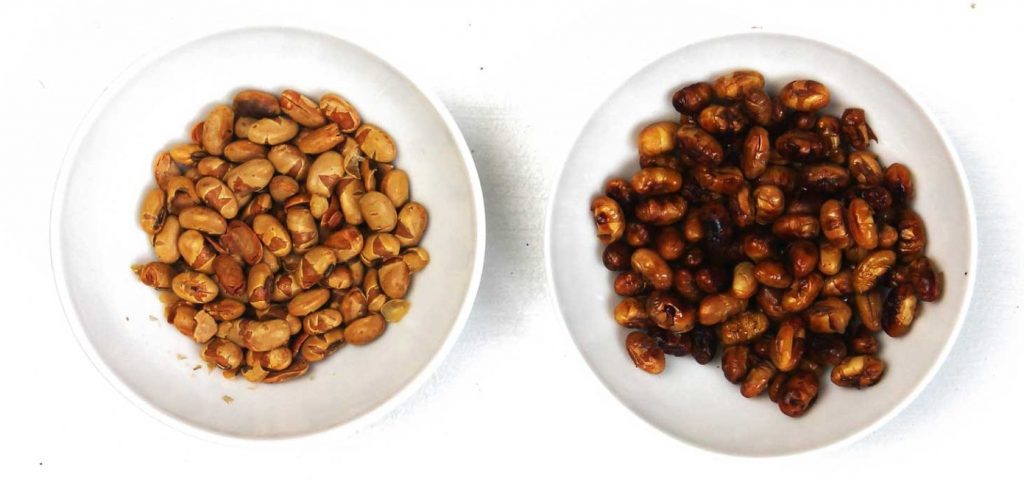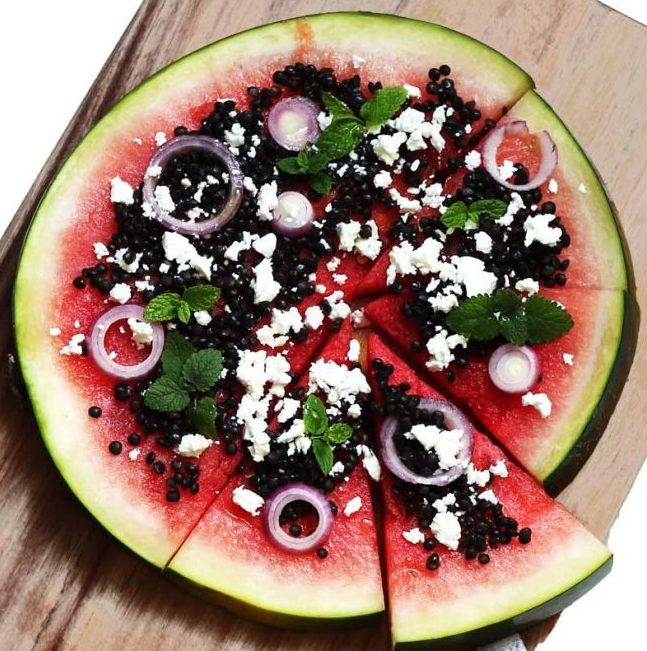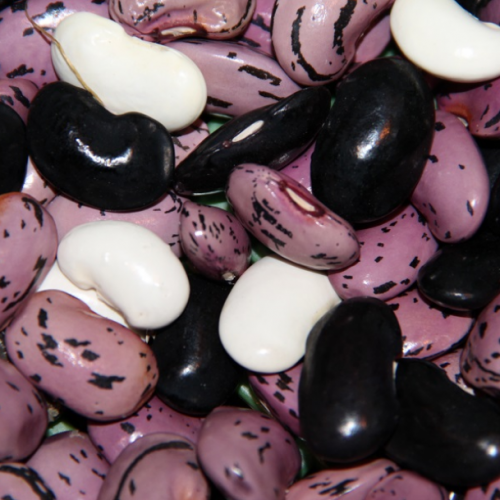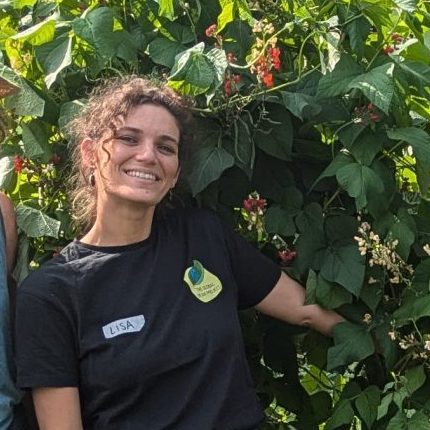The Genbänkle aims to list, network, and visualise initiatives and organisations working on old and rare vegetable varieties in Baden-Württemberg. In the beginning we established a list of relevant contacts in Baden-Württemberg. This forms the basis of a database and an online map service. These resources provide interested people with easier access to regional and true-breeding seeds of old and rare vegetable varieties.
Global Bean projects we are involved in:
We can offer:
Network of seed savers, exchange about the search for regional heirloom varieties, experience from the successful story of a regional lentil variety (Alblinse), raising awareness for the topic in our talks, newsletter, seed markets and courses.
We seek:
Exchange/best practice examples for the reintroduction of more regional legume varieties for human consumption (e.g. Phaseolus coccineus, mixed cropping of maize and beans).
In the Global Bean network since:
July 2022

Pulses like beans, peas, lentils and chickpeas are a simply delicious, naturally nutritious food. Because of this, most national and international dietary guidelines recommend eating more pulses. The suggested amount varies between at least one portion of 25 g dry/80 g cooked pulses per day - like in Portugal - up to 3 cups (720 mL) in the US per week.
Read more
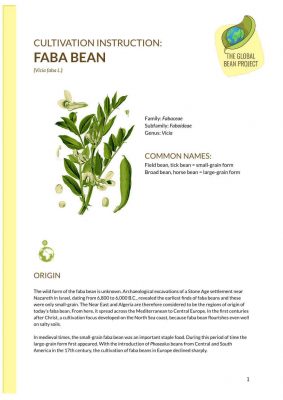
Ever wondered how to cultivate Faba Beans? Having trouble finding the perfect soil conditions?
Here you will find everything, from the plant's characteristics to best cultivation practices, the bugs and pests to watch out for, and further fun facts.
Read more
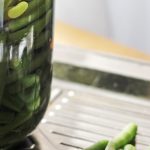
Fermentation is one of the oldest and most straightforward methods of food preparation. Enzymes produced by microorganisms like bacteria, yeasts, and mold, have long been used by humans to produce food that is both delicious and nutritious. Commonly eaten foods produced through fermentation include bread, dairy products, sauerkraut, and kimchi. In this online event, we
Read more

Watch the recording of the baking class here: Find here the recipes – Swiss Dreikönigskuchen (Bean-Based Version) – Galette Des Rois With Sweet Azuki Bean Puree Filling Summary We started 2023 with GOOD LUCK! Older even than the Princess on the Pea is the Bean King across Europe. This ancient custom ends the dark cold
Read more
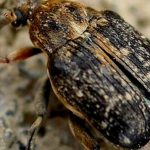
Yellow, spotted, eaten leaves, discoloured seeds and pods. Weevils and other insects, mosaic viruses, mould and drought. These, among many others are problems you might encounter in your legume garden.
Read more


 Publications
Publications Recipes
Recipes Events
Events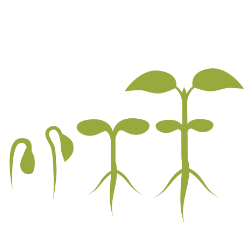 Articles
Articles




